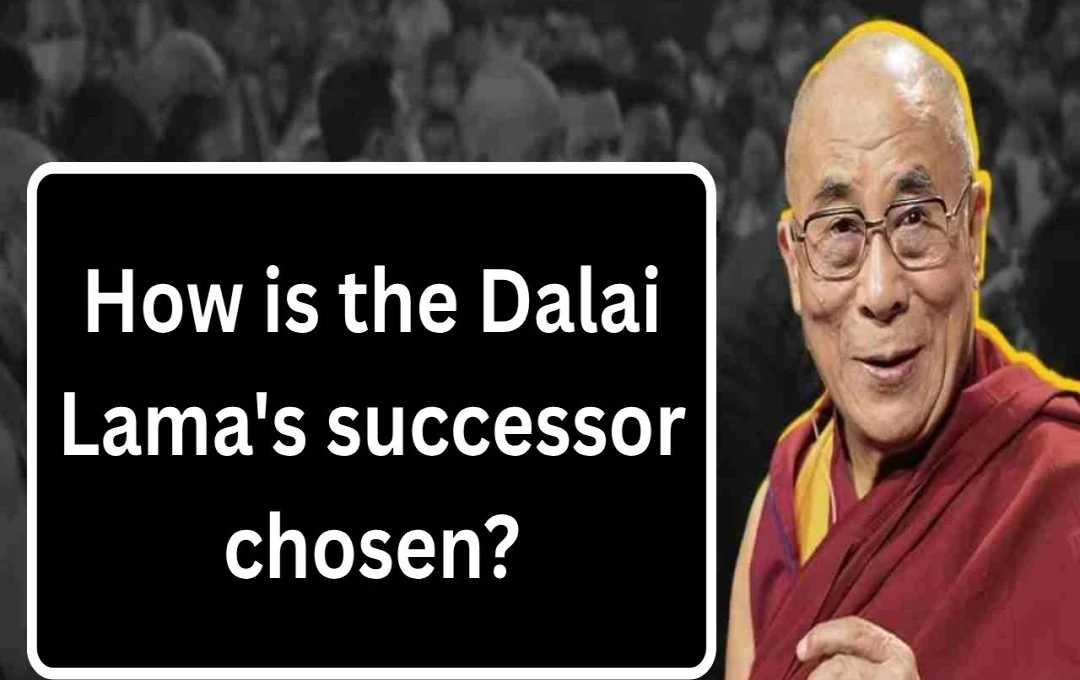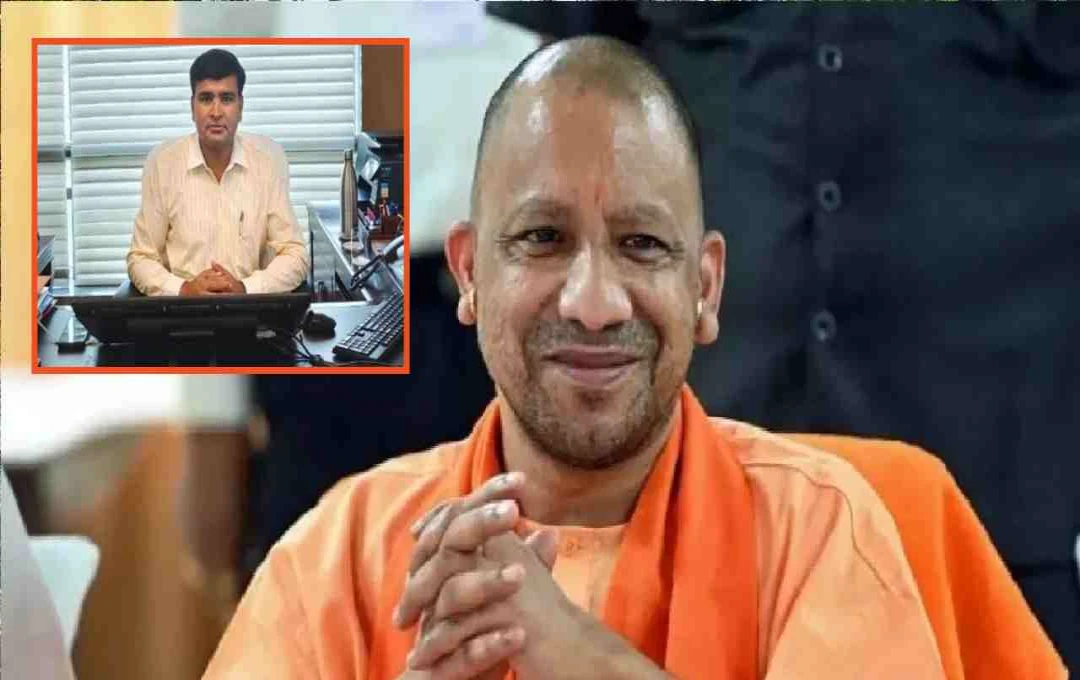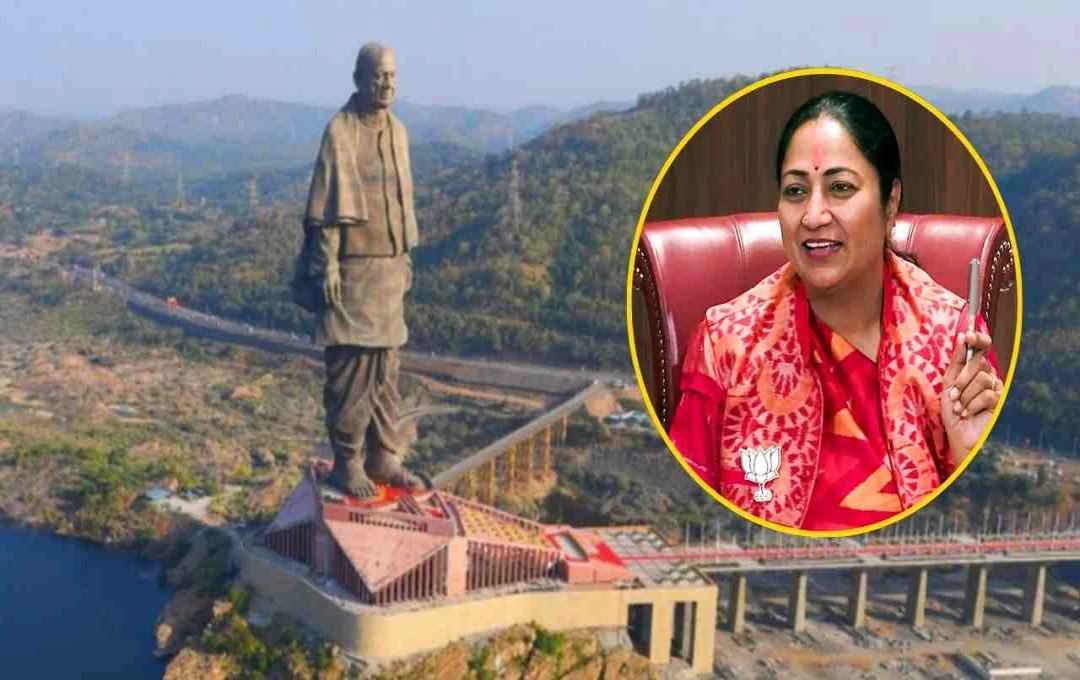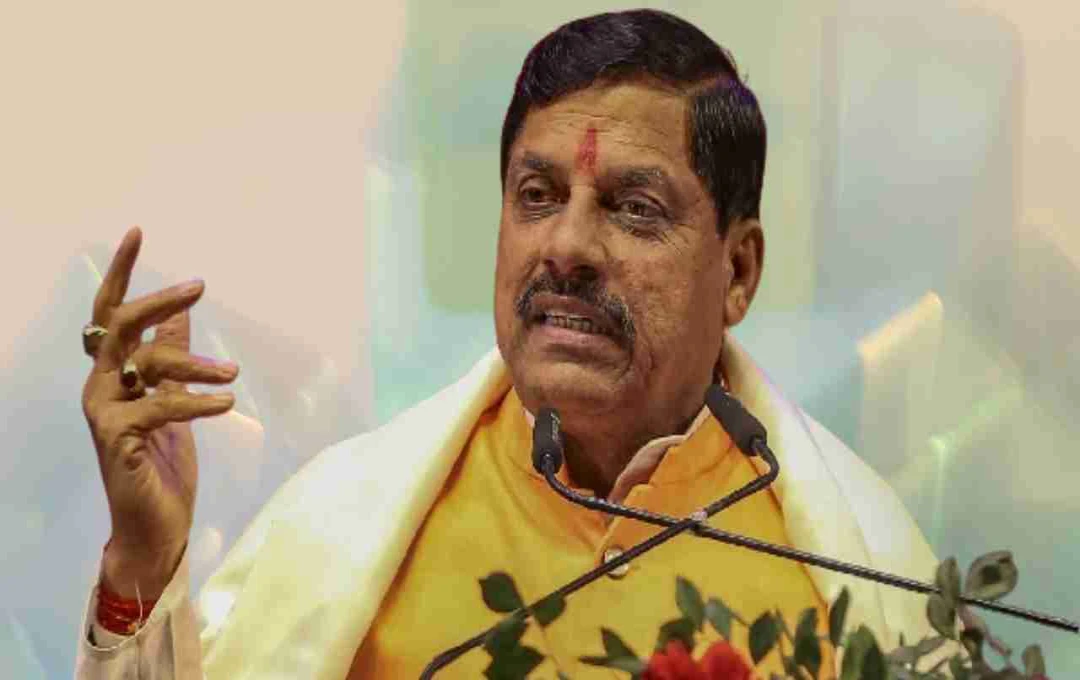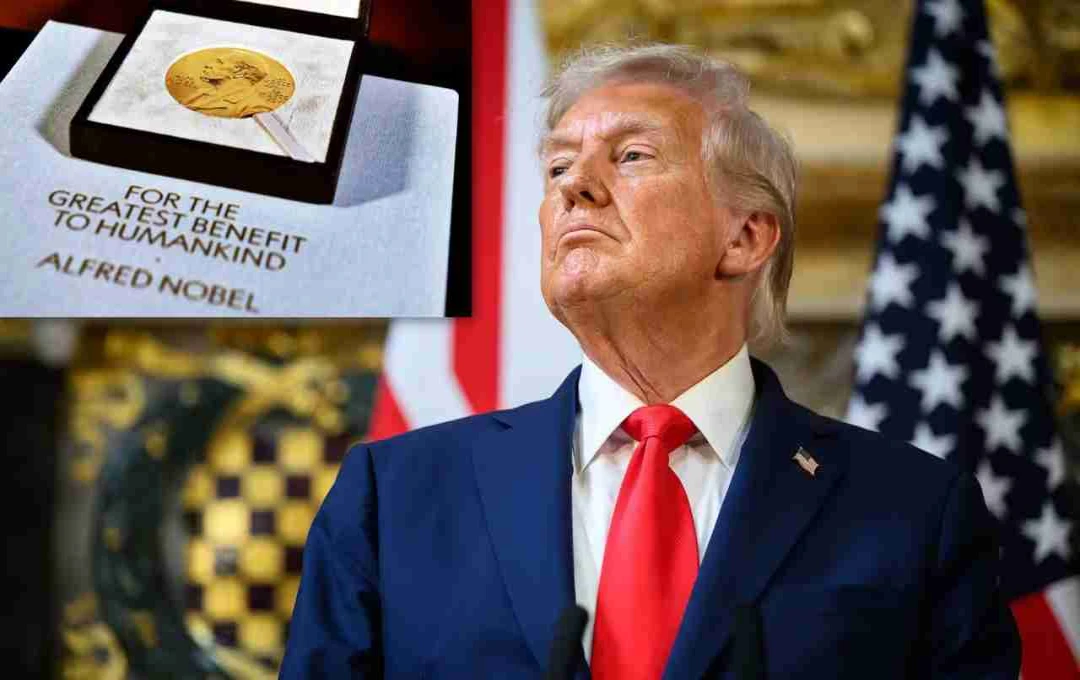Speculation is intensifying regarding the successor to the Tibetan spiritual leader, the Dalai Lama. It is believed that the 14th Dalai Lama may announce the name of his successor on the occasion of his 90th birthday.
Dalai Lama Successor: When the 14th Dalai Lama turns 90 in Dharamshala this year, the world's gaze will once again be fixed on the unique traditions of Tibetan Buddhism regarding his legacy. The Dalai Lama is considered a symbol of compassion and peace, not only for the Tibetan people but also globally. The search for his successor is not conducted through a democratic election, but rather through mysterious and centuries-old beliefs. This tradition involves seeking the new Dalai Lama based on the concept of reincarnation—a process that makes it all the more intriguing.
Tradition Based on Reincarnation
According to Tibetan Buddhist tradition, the Dalai Lama is considered an incarnation of Avalokiteśvara (the Bodhisattva of Compassion). It is believed that the Dalai Lama, after his death, is reborn and returns to this world to guide humanity and Tibetan society. Therefore, after the death of each Dalai Lama, the tradition of searching for his next birth has continued.
A Unique Journey of Finding a Successor
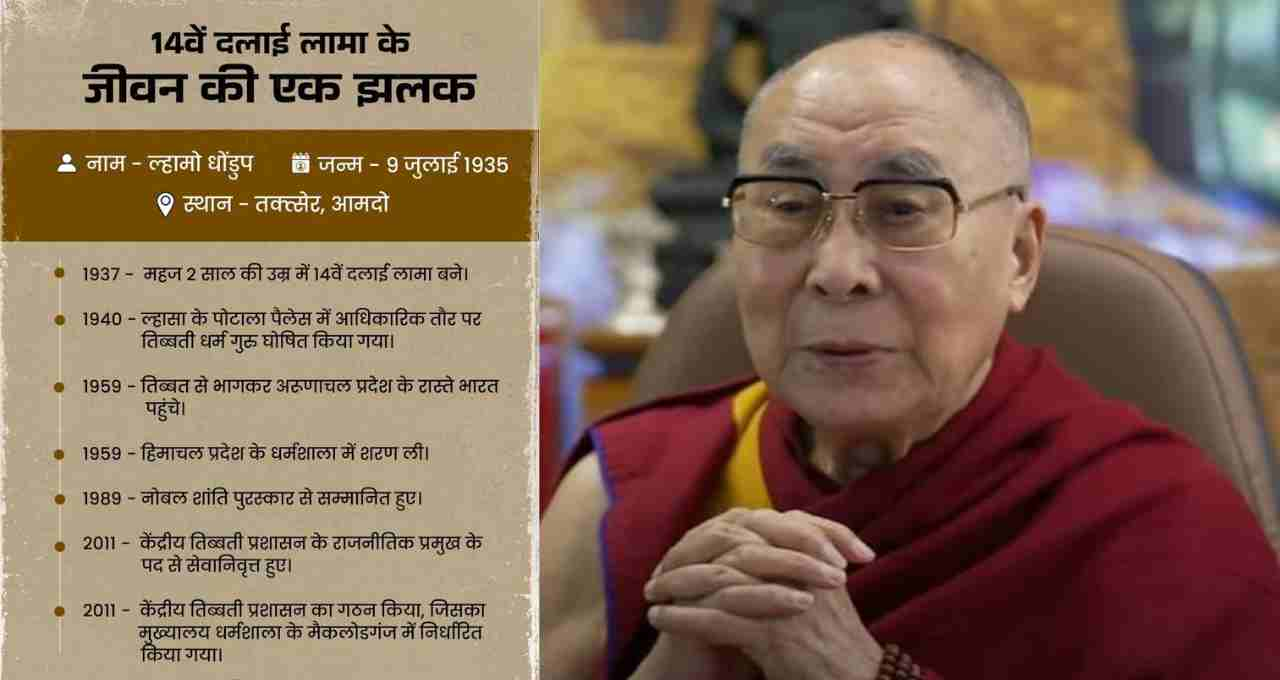
The process of finding the new Dalai Lama is extremely mysterious and divided into several stages. When the current Dalai Lama passes away, a wait of usually nine months is observed to allow the possibility of his reincarnation to become clear. Following this, a team of senior lamas from Tibetan Buddhist monasteries is formed, which searches both within and outside the country for a child who shows signs of being the reincarnation of the previous Dalai Lama.
1. Identification of Objects
Using a special method, the child is shown some specific items belonging to the deceased Dalai Lama. It is believed that if the child recognizes those objects and says, "This is mine," he is considered a potential successor. The 14th Dalai Lama also passed a similar identification process at the age of just two years.
2. The Tradition of the Golden Urn
Another interesting custom is that the names of potential candidates are written on small pieces of paper and placed in a special golden urn. After a spiritual ritual, a name is drawn from it, which is considered a divine sign. However, this urn is currently in the possession of China, which is also threatening this tradition.
3. Signs of Nature
There are also recorded examples in history when rainbows or other natural events were considered signs in the search for the Dalai Lama. In 1758, a rainbow appeared over the mother of the eighth Dalai Lama, which was considered a divine sign of his reincarnation.
China's Pressure and Future Challenges
The 14th Dalai Lama left Tibet in 1959 and came to India. Since then, he has been living in exile in Dharamshala. China has consistently interfered in Tibetan affairs and also has its eye on the process of the Dalai Lama's succession. China wants the new Dalai Lama to be chosen according to its wishes, in order to strengthen its political control over Tibet. But the Tibetan community and their followers around the world believe that the decision of the successor should only be made in a religious and traditional way, without any political pressure.
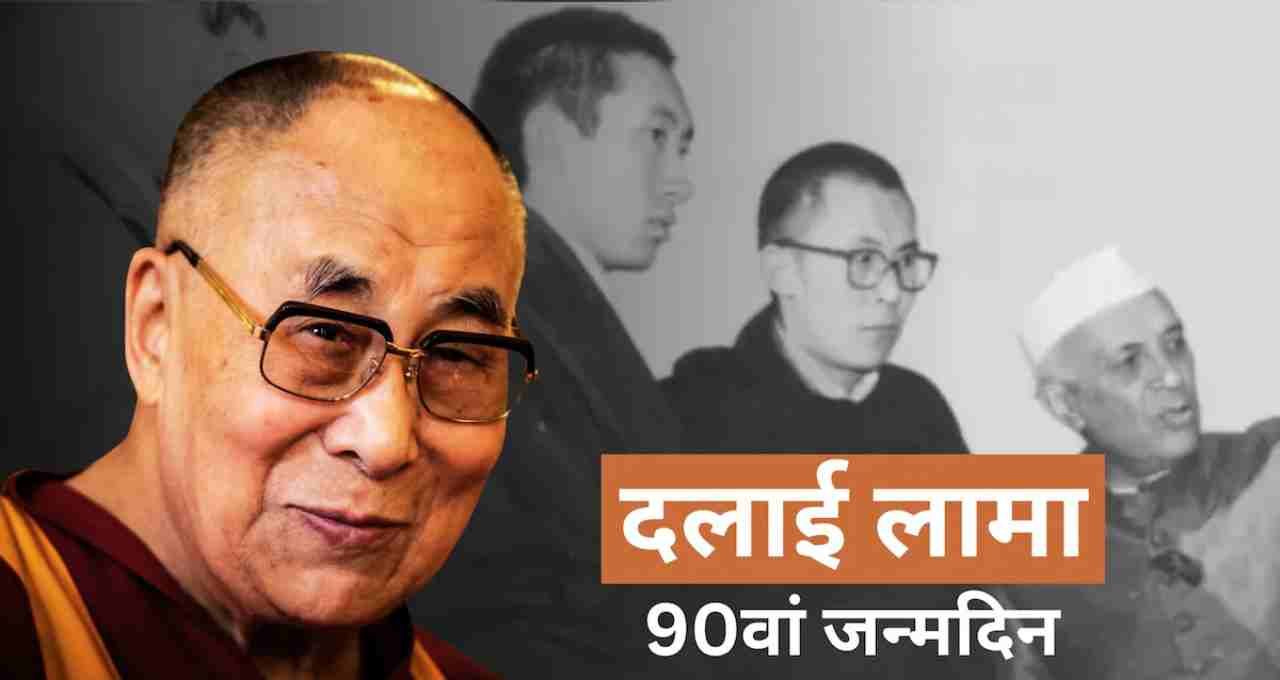
The Dalai Lama's Clear Stance
The 14th Dalai Lama made it clear in his book "Voice for the Voiceless" that the future Dalai Lama could be born in any country—and he could also be outside of Tibet. He said that the purpose of reincarnation is to serve people and protect their interests, so it is not bound by any geographical boundaries.
It is being speculated that on July 6, on the 90th birthday of the Dalai Lama, there may be a major announcement on this subject. Although there is no official confirmation yet, the question of whether the 14th Dalai Lama will give any indication about his next generation is the center of discussion throughout the world.
